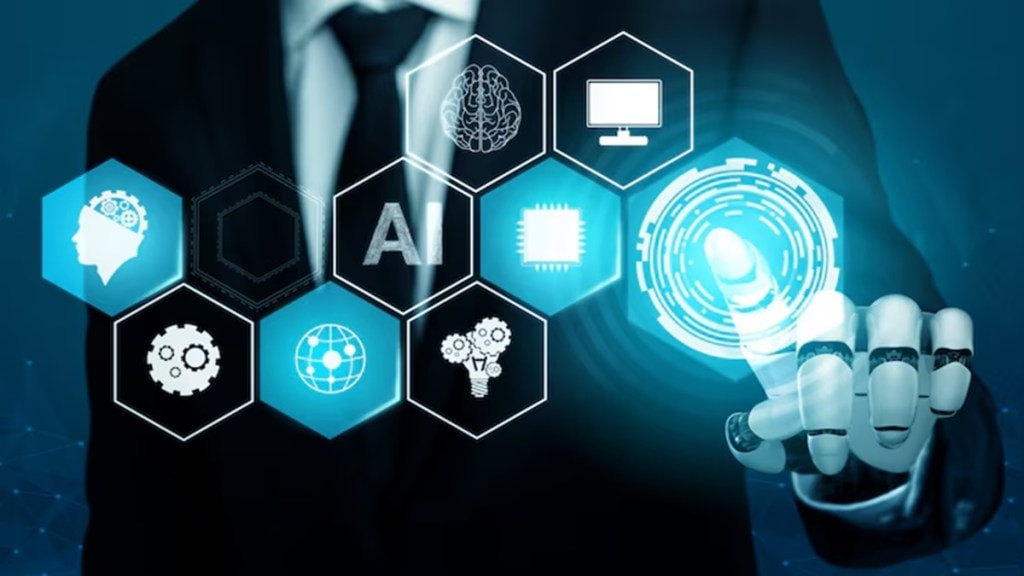By Satish Patil
With firms embracing new ways to connect with consumers, create fresh content, and analyse vast amounts of data, generative AI is at an inflection in the marketing industry. GenAI offers a new realm of effectiveness, productivity, and creativity with its extraordinary capacity to produce text, graphics, and even movies.
One of the key outcomes of GenAI is content generation. Personalised campaigns in traditional marketing take a considerable investment of time and money to develop, but GenAI systems can produce blogs, advertisements, and social media postings in a matter of minutes. For example, programs like ChatGPT, widely used by everyone, allow users to create PPTs and customise email campaigns or product descriptions for various groups.
It doesn’t stop here; in a similar vein, these new AI-powered design tools can produce images and films in a matter of minutes, enabling marketers to increase productivity while cutting expenses.
Another area of GenAI that has shown significant influence is personalisation. It is capable of analysing large amounts of client data to create campaigns that are specifically tailored to each person’s wants. By creating individualised email messages or customer segmentations at scale, GenAI helps marketers be more effective at getting the right message to the right people at the right time. This strategy increases conversion rates and consumer engagement for marketers.
GenAI is bringing a revolution in the field of data analysis. AI tools are able to predict market behaviour, spot trends and patterns, and mine marketing data.
Data analysis is another area where GenAI is spearheading change. AI tools can mine marketing data, identify trends and patterns, and predict market behaviour.
Most marketers can use this information to improve their tactics, manage their spending wisely, and consistently outperform rivals.
However, there are drawbacks to the development of GenAI as well. If AI-generated material is mishandled, it triggers the loss of your brand’s legitimacy. Furthermore, your brand’s reputation may be at stake due to the ethical issues surrounding data protection, security, and deepfake photos and videos. Businesses ought to deal with these issues by establishing precise policies and procedures for the proper execution of AI.
All in all, GenAI is transforming marketing in all its forms, including advertising, demand generation, personalisation, and operations. Even if there are still obstacles to overcome, businesses that use this technology will eventually benefit. When it comes to GenAI, it’s a marathon, not a sprint. As GenAI develops further, it is not just changing the marketing environment but also redefining the art and science of consumer connection.
The author is a data + B2B GTM expert, founder & CEO of Kanlet Technologies.


